President Trump’s supporters are framing special counsel Robert Mueller’s long-awaited report about Russia interference in the 2016 presidential race as a total and complete exoneration. Not quite, as the report details 10 instances in which President Trump might have obstructed justice to cover up previous misdeeds.
The episodes involving Trump span the length of the investigation into whether members of the Trump campaign colluded with Russia and involve the president’s actions toward a number of key individuals involved in Mueller’s probe, including former Attorney General Jeff Sessions, former FBI Director James Comey, and former national security adviser Michael Flynn.
The Justice Department released to the public Mueller’s report detailing the findings of his 22-month investigation.
Ultimately, Mueller did not conclude whether Trump did commit obstruction, but rather laid out evidence on both sides of the debate.
Attorney General William Barr and Deputy Attorney General Rod Rosenstein, however, determined that after reviewing the evidence and the legal theories laid out by Mueller in the report, there was not enough evidence to establish whether Trump obstructed justice.
In his report, the special counsel said Trump’s attempts to influence the Russia probe were largely unsuccessful because “the persons who surrounded the president declined to carry out his orders or accede to his requests.”
Here are the 10 instances that were probed for possible obstruction by Mueller.
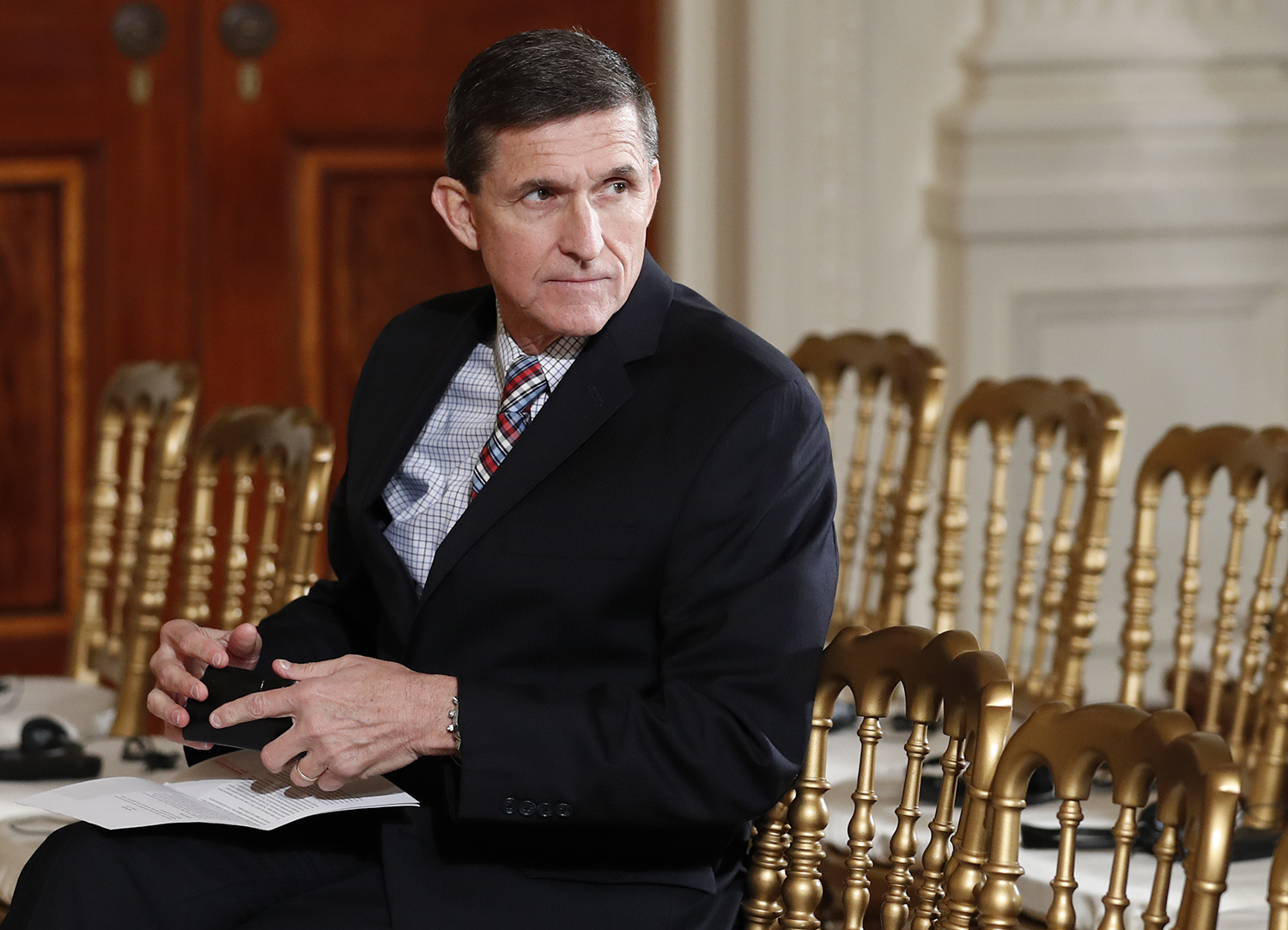
1. The president’s conduct concerning the investigation of former national security adviser Michael Flynn
During the presidential transition, Flynn was found to have had two phone calls with then-Russian ambassador to the U.S. Sergei Kislyak about their response to U.S. sanctions that the Obama administration imposed on Russia as retaliation for interfering in the 2016 presidential election.
Flynn lied to administration officials, including Vice President Mike Pence, and the FBI about his contacts, which ultimately led to criminal charges filed against him and his firing by Trump.
Mueller’s report notes that on Jan. 27, 2017, Trump called Comey to invite him to dinner at the White House, during which the president demanded loyalty from him. It also notes the Feb. 14, 2017, one-on-one meeting Trump had with Comey in the Oval Office, during which the president said “I hope you can see your way clear to letting this go, to letting Flynn go.”
Trump additionally attempted to have then-deputy national security adviser K.T. McFarland draft an internal email denying he directed Flynn to call Kislyak about the Russian sanctions. The request for the witness statement came one day after McFarland was told by then-White House chief of staff Reince Priebus and then-White House chief strategist Steve Bannon that Trump wanted her to resign her White House post, but could be made U.S. ambassador to Singapore.
In response to the request for the email from McFarland regarding Russian sanctions, McFarland said she did not know if Trump directed Flynn to talk with Kislyak about the penalties and declined to commit to the request. An attorney with the White House counsel’s office subsequently encouraged McFarland not to write the letter.
McFarland wrote in a memorandum that writing the letter regarding Trump and Flynn would be a “bad idea for the president because it looked as if my ambassadorial appointment was in some way a quid pro quo.”
2. The president’s reaction to public confirmation of the FBI’s Russia investigation
After the president learned Sessions would have to recuse himself from the investigation into Russian meddling, Trump sought to stop Sessions’ move.
In early March, McGahn, at Trump’s urging, expressed the president’s discontent about Sessions’ recusal. McGahn’s efforts, however, were futile as Sessions recused himself from the Russia probe.
Mueller’s report details an instance in the Oval Office during which Trump yelled at McGahn “about how weak Sessions was.” The president, according to Bannon, was “as mad as Bannon had ever seen him.”
Trump then, during a weekend at Mar-a-Lago, asked Sessions to “unrecuse” himself from the Russia probe and compared him to former Attorneys General Eric Holder and Robert Kennedy, who Trump said were loyal to Presidents Barack Obama and John F. Kennedy.
In another instance, Trump asked intelligence community leaders to push back on suggestions there was a link between him and Russia. He also asked Comey to “lift the cloud” over him that was created by the Russia probe.
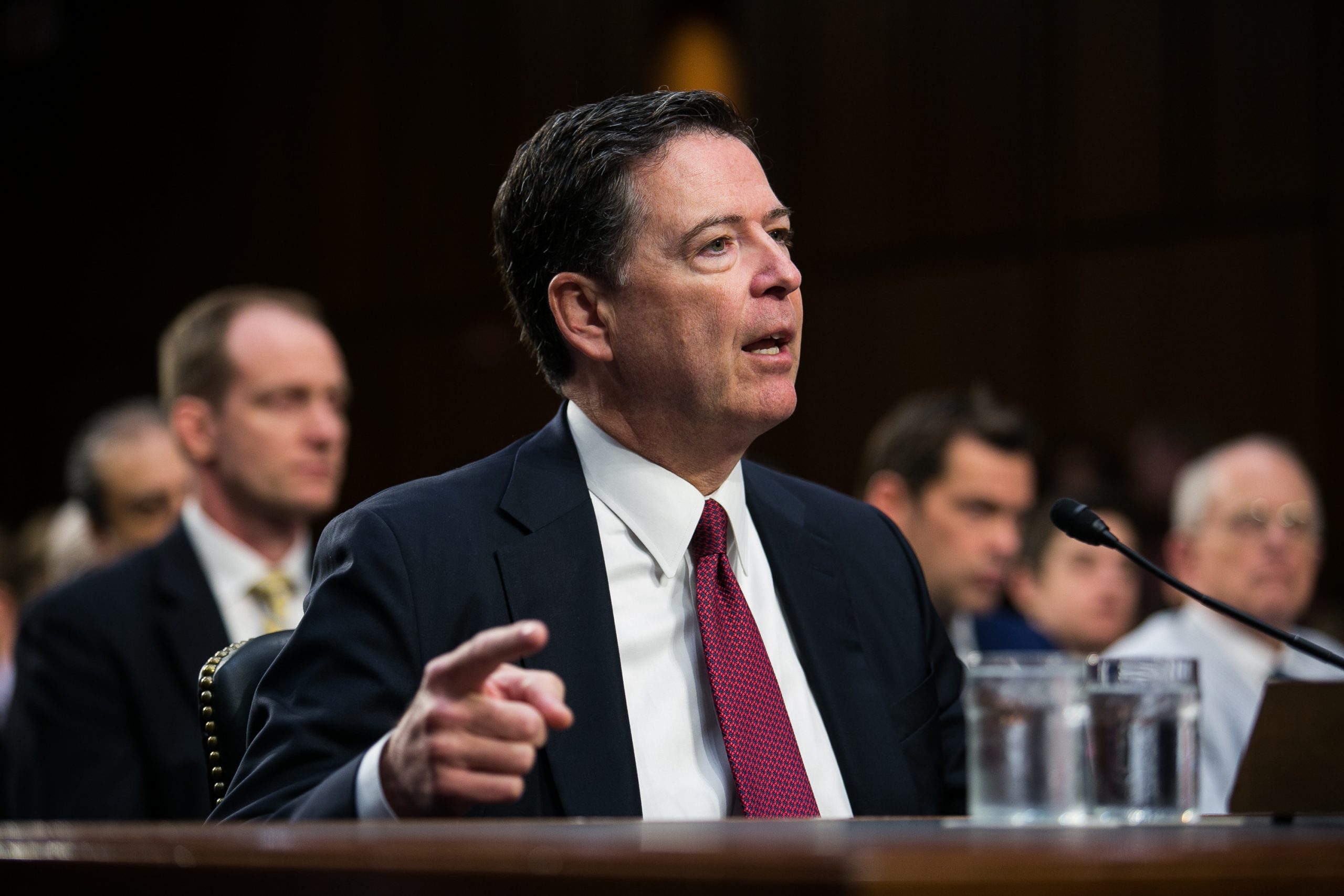
3. Events leading up to and surrounding the termination of FBI Director Comey
Mueller’s report makes note of Trump’s decision to fire Comey after he testified before Congress on May 3, 2017. During that testimony, Comey did not answer questions about the scope of the Russia probe or those involved, and also did not state Trump was not under investigation.
Trump notified aides on May 5, 2017, that he was going to fire Comey, and did so on May 7. The president, Mueller found, decided to terminate Comey before he received a recommendation from the Justice Department. However, he “approved an initial public account of the termination” that attributed it to a recommendation from Rosenstein.
The president also boasted of Comey’s firing to top Russian officials during a meeting in the Oval Office, as reported in the press.
4. The president’s efforts to remove the special counsel
Mueller was tapped by Rosenstein to oversee the Russia probe in May 2017 after Sessions recused himself from the investigation. Upon learning of Mueller’s appointment, the president slumped in his chair and declared, “Oh my God. This is terrible. This is the end of my presidency. I’m fucked,” according to Mueller’s report.
He then berated Sessions for recusing himself and again contrasted him to Holder and Kennedy. Sessions submitted a letter of resignation to the president following Mueller’s appointment, which Trump held on to but did not accept.
Trump showed senior advisers Sessions’ resignation letter during a May 2017 trip to the Middle East, former White House communications director Hope Hicks told the special counsel’s team. He subsequently returned it to Sessions at the end of the month.
Mueller’s report goes on to detail Trump’s claims that Mueller had conflicts of interest, as had been interviewed to serve as FBI director and disputed fees related to his membership at the Trump-owned golf club in Northern Virginia.
Trump made several attempts to fire Mueller, including in June 2017, when he called McGahn from Camp David and told him to have Mueller removed.
McGahn did not follow through with the president’s directive and, according to Mueller’s report, “decided he had to resign.” McGahn went so far as to pack up his belongings at the White House and inform his chief of staff, Annie Donaldson, to tell her of the decision.
Bannon and Priebus, however, pushed him not to quit, and McGahn did not leave his post at the White House until late 2018.
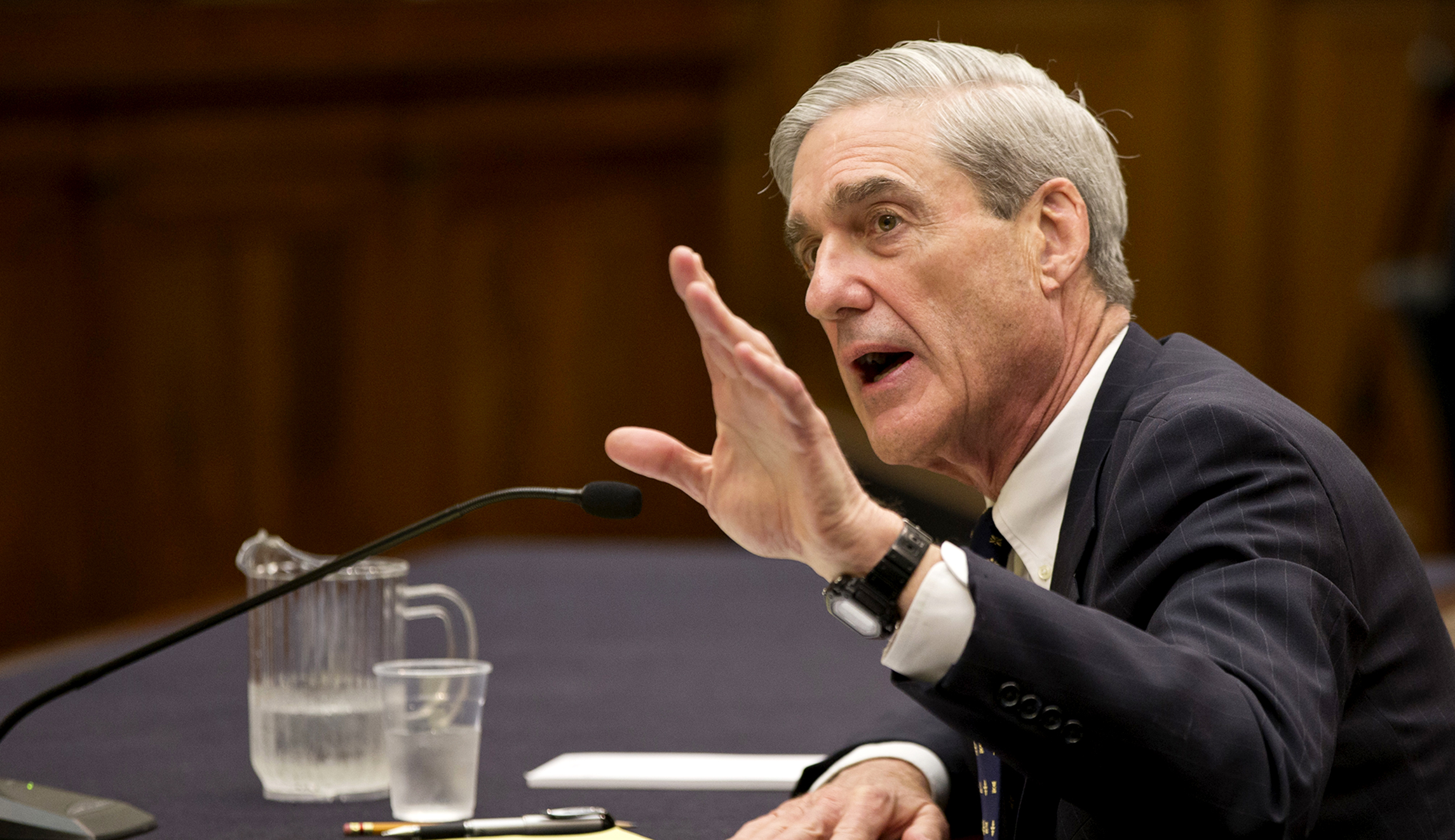
5. The president’s efforts to curtail the special counsel investigation
After Trump told McGahn to have Mueller removed from his post, he met with his former campaign manager, Corey Lewandowski, in the Oval Office on June 19, 2017, and gave him a message to deliver to Sessions “that would have had the effect of limiting the Russia investigation to future election interference only,” according to Mueller’s report.
The president met with Lewandowski again in July 2017 and asked about his request, to which Lewandowski said his message would be delivered “soon.”
Trump again tried to push Sessions to resign in July 2017 when, aboard Marine One, he told Priebus to convince Sessions to resign immediately. Priebus raised the president’s request with McGahn, and the two “discussed the possibility that they would both have to resign rather than carry out the president’s order to fire Sessions,” according to Mueller’s report.
Trump ultimately backed down from his request regarding Sessions, the report stated.
[Opinion: Mueller report shows Trump’s top staffers saved him from himself]
6. The president’s efforts to prevent disclosure about the June 9, 2016, meeting between Russians and senior campaign officials
Trump first became aware of emails regarding the June 2016 meeting at Trump Tower with Russian lawyer Natalia Veselnitskaya and members of his campaign in June 2017.
In response to the revelations, the president told aides not to release the emails to the public and dictated a statement for his son, Donald Trump Jr., who was at the meeting, about its intent.
The emails in question, which include a discussion about how Russian officials had damaging information on Hillary Clinton for senior members of the Trump campaign, were eventually made public. Trump’s involvement in the drafting of his eldest son’s statement subsequently came under scrutiny.
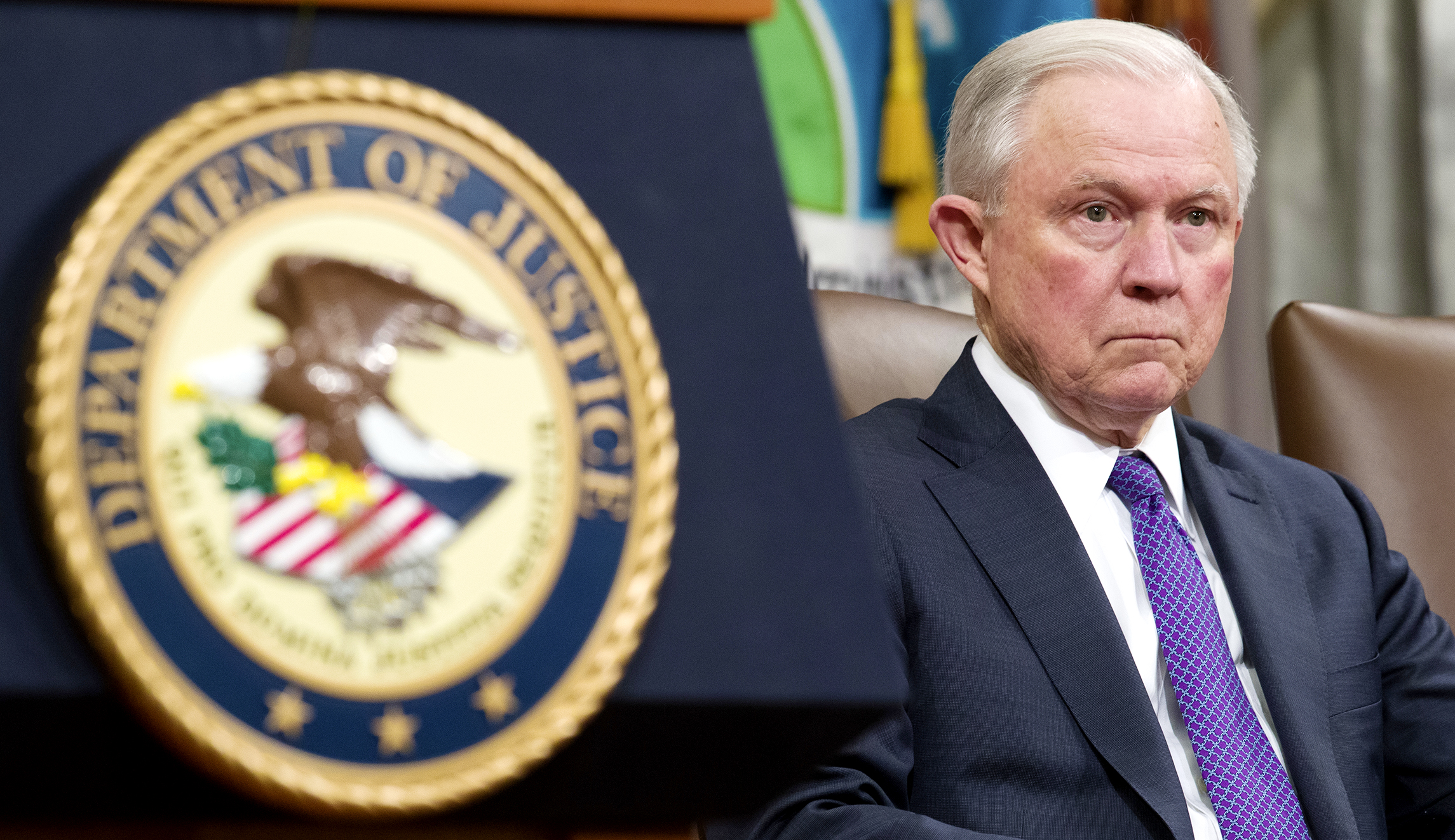
7. The president’s further efforts to have the attorney general take over the investigation
Mueller’s report details numerous instances in which Trump attempted to reverse Sessions’ recusal, which would give the attorney general oversight of the special counsel’s probe.
In one instance, Trump called Sessions at his home and told him to “unrecuse” himself so he could direct the Justice Department to investigate and prosecute Clinton.
Trump also sent a slew of tweets throughout Sessions’ tenure voicing his displeasure with the attorney general. Sessions was subsequently forced to resign in November 2018, and he was replaced by Matthew Whitaker, his chief of staff.
8. The president orders McGahn to deny that the president tried to fire the special counsel
Following media reports in January 2018 — which the president said were “fake news” — that Trump had directed McGahn to have Mueller fired, the president attempted on multiple occasions to have McGahn deny he was told to do so.
McGahn, however, shrugged off a request from the president to write a letter disputing he was ordered by Trump to fire the special counsel and told the president during an Oval Office meeting that press accounts were accurate, according to Mueller’s report.
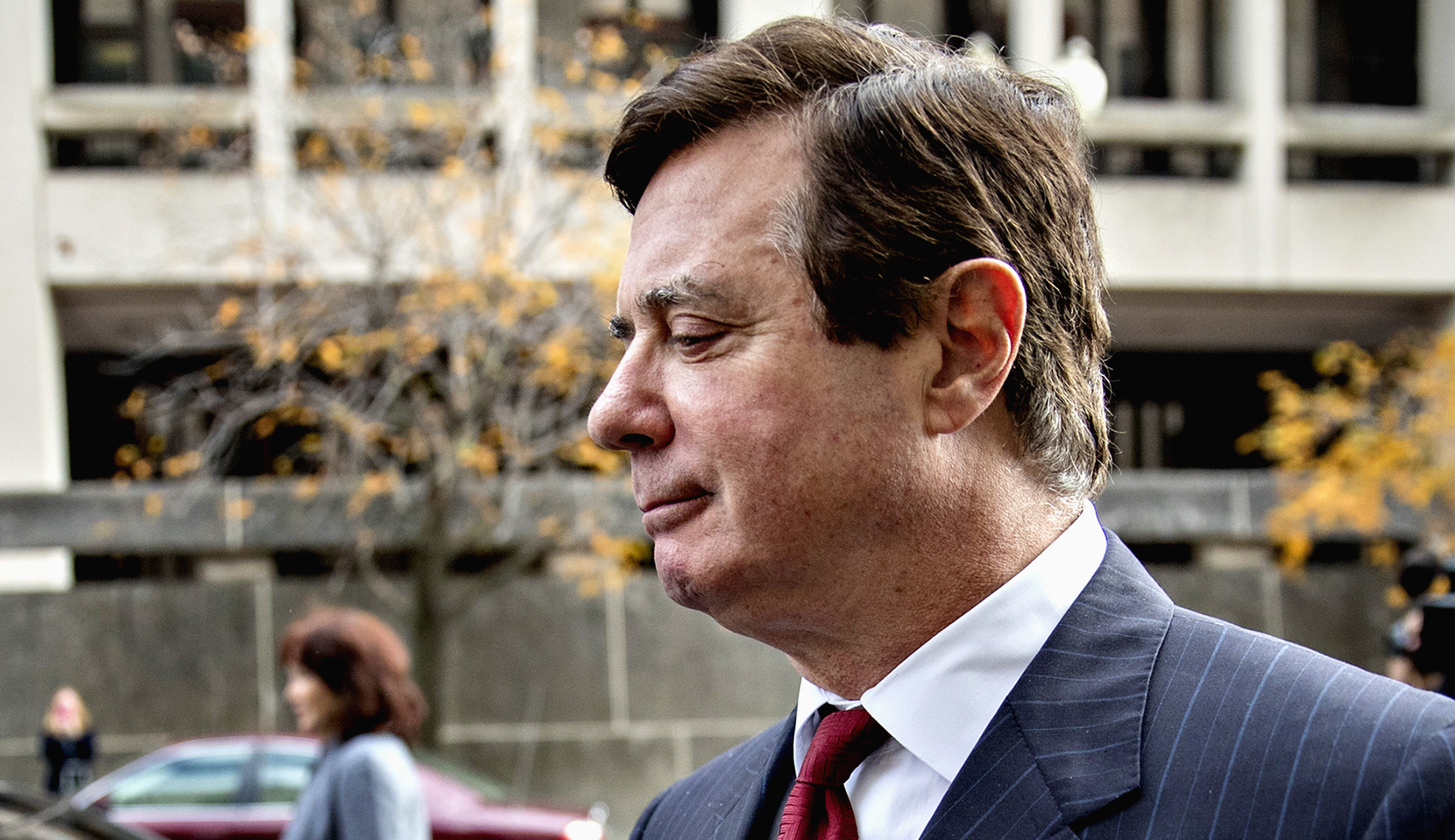
9. The president’s conduct towards Flynn, [Paul] Manafort, and [redacted name]
Trump made numerous comments — favorable and unfavorable — about people involved in the Russia probe during the course of the special counsel’s investigation, which are detailed in Mueller’s report.
The president’s comments toward Flynn and Manafort were characterized as expressing sympathy toward them.
Both Flynn and Manafort were charged as part of Mueller’s probe. But Trump has made numerous comments about both men indicating that pardons for them remained an option.
10. The president’s conduct involving Michael Cohen
Unlike Flynn and Manafort, however, Trump has often criticized Cohen for his cooperation with federal prosecutors, including by calling him a “rat.”
Mueller’s report details the discussions regarding a Trump Tower in Moscow, which spanned from September 2015 to June 2016, after Trump had clinched the Republican presidential nomination, as well as hush-money payments Cohen made to two women who alleged to have had affairs with Trump. Cohen told federal prosecutors the president directed him to make the payments.
Regarding the Moscow project, Cohen told the special counsel’s office that Trump wanted the possible project in Moscow to succeed and “never discouraged him from working on the project because of the campaign.”
Trump, then a candidate, asked Cohen about the Moscow project in either March or April 2016. Cohen went on to attempt to distance Trump from the Trump Tower project in Moscow.
According to Mueller’s report, Cohen also spoke with Trump’s personal attorneys about pardons after the FBI searched his home and office in 2018. Cohen told the special counsel that Trump’s lawyers informed him that he should “stay on message, that the investigation was a witch hunt, and that everything would be fine.”
“Cohen understood based on this conversation and previous conversations about pardons with the President’s personal counsel that as long as he stayed on message, he would be taken care of by the President, either through a pardon or through the investigation being shut down,” the report states.
After Cohen began cooperating with federal prosecutors, however, Trump began to criticize him.

